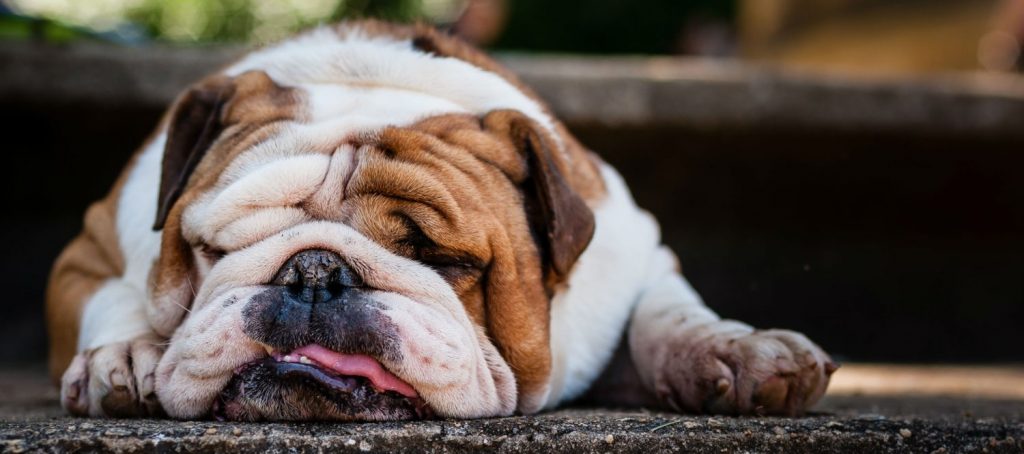Hi Mike and Carissa,
Thanks for sending in the question. I’m glad to hear that you’re working on this. I’m really passionate about this topic and I don’t think enough pet parents are focusing on this problem.
Obesity in our pets is a major concern, I recommend that you take a look at a video “Preventing Obesity in Pets” for detailed information. Not only does obesity reduce the quality of life in our pets, it is very good at diminishing our bank accounts. Obesity leads to all kinds of serious conditions that can cost a lot of money, such as arthritis, diabetes, kidney disease, heart disease and breathing conditions. When you consider that monthly medication for a medium to large breed dog it can cost up to $100 a month, it is a great investment to keep a dogs weight ideal throughout its life. There is a video “Signs of Arthritis in Cats and Dogs & 4 Key Factors to Prevent Lameness or Stiffness” to further educate yourself on arthritis if it ever leads to that case.
Clients often have a misconception about how to deal with this problem. Most think that if they take them on more walks, they’ll lose the weight. However, if you compare this to humans, we can work out every day but if we eat fast food a few times, there is no way we’re going to lose weight. So you have to attack obesity with diet more than anything else. First, you have to eliminate treats, or at least, exchange them for low calorie options, such as raw vegetables. Next, it’s ideal to buy a low calorie food. This is critical because it will allow your dog to have a full meal without an overload of calories. Overall, it’s very difficult to achieve success because just like us, a dog on an effective diet will always be hungry, and this is difficult for pet parents to see because we all love to feed a dog. So it takes a great deal of willpower.
It’s best to speak to your veterinarian about a weight loss program. We determine the daily caloric intake by judging the Body Condition Score of your pet and then performing a calculation. This will ensure a great deal of accuracy that increases the chance of success. However, we do have charts that suggest caloric intakes just based on the weight of your pet. In your case, with a pet at 35 pounds, a simple analysis is that you should feed 585 kcals/day to create weight loss at a rate of 1.4 – 2.8 lbs per month. This may be a good starting guide, but I really recommend you have a body condition score determined by your veterinarian and have them calculate a more accurate plan.
I hope this helps. Good luck and good for you!
Dr. Clayton Greenway

